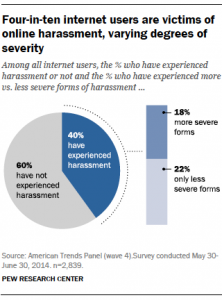Foster v. Board of Regents of University of Michigan
A female student in state university’s off-site executive Master of Business Administration (MBA) program brought action against university, its board of regents, and its dean, alleging that a male student sexually harassed plaintiff, and asserting Title IX claim for gender-based discrimination arising from deliberate indifference to student-on-student sexual harassment. The United States District Court for the Eastern District of Michigan, granted summary judgment to defendants. Plaintiff appealed. Sixth Circuit reversed and remanded.


